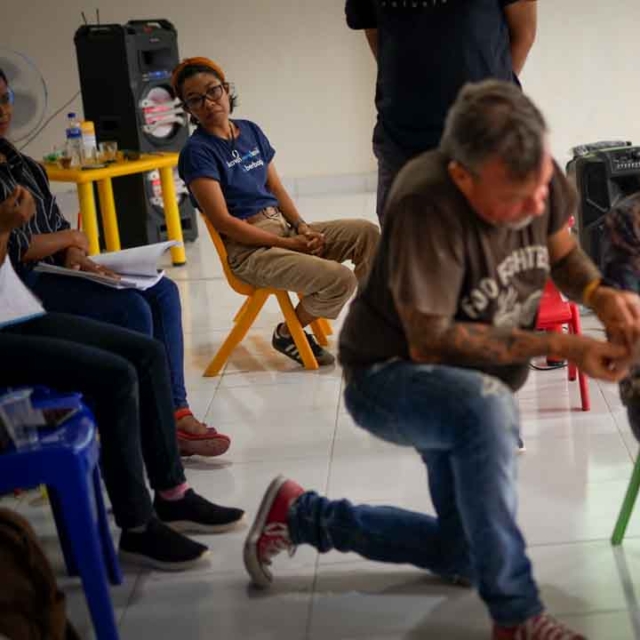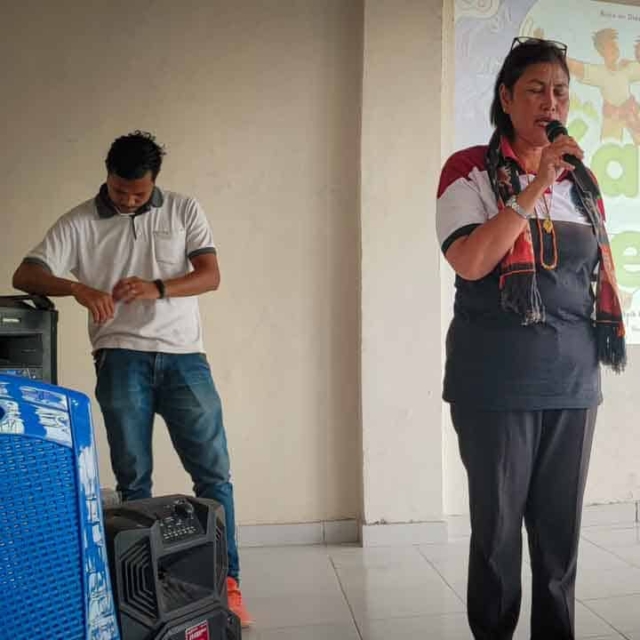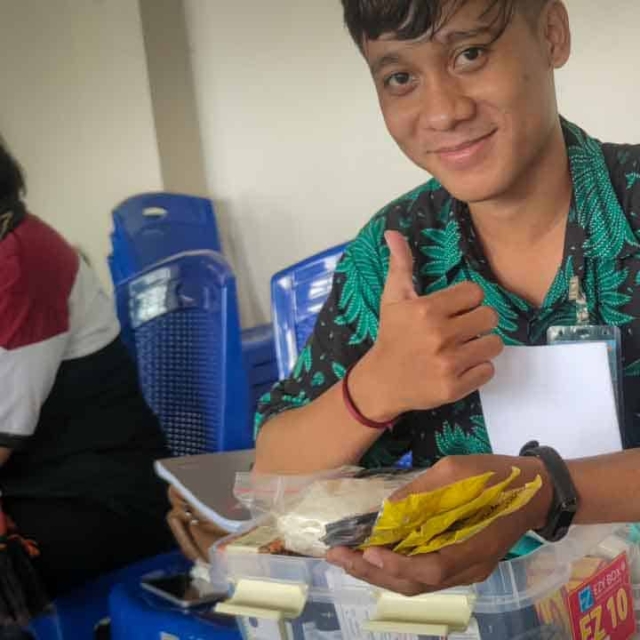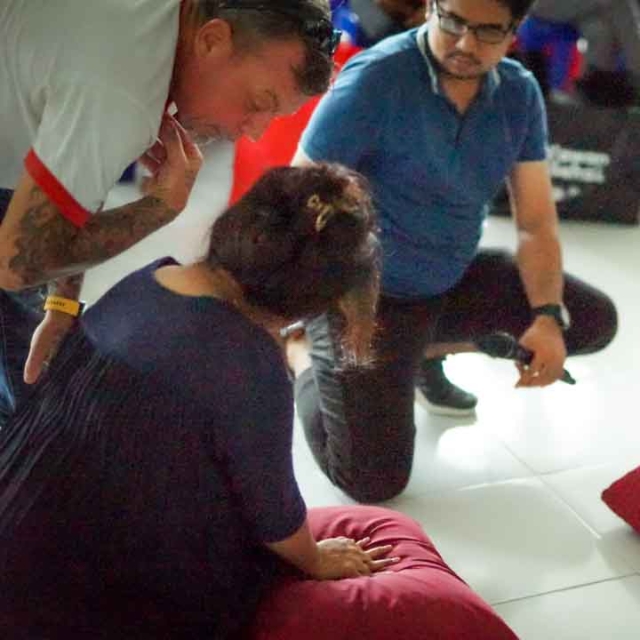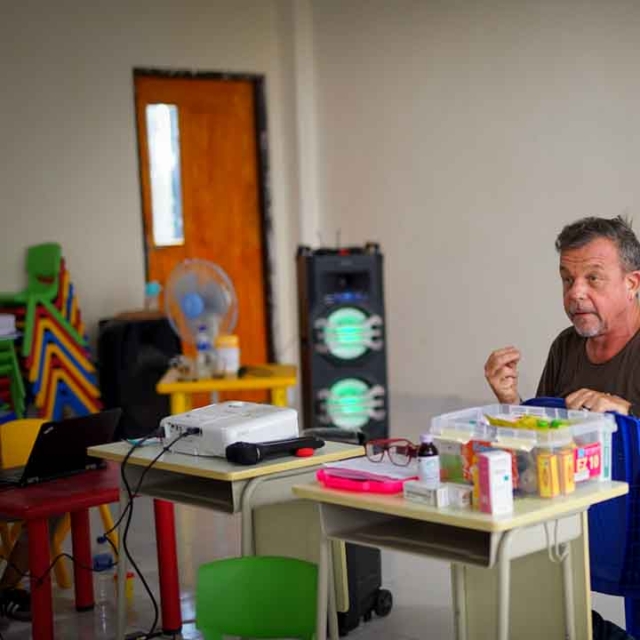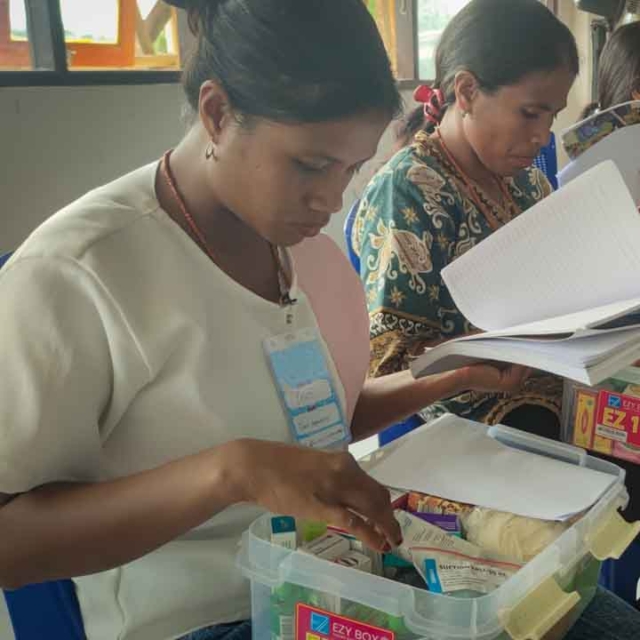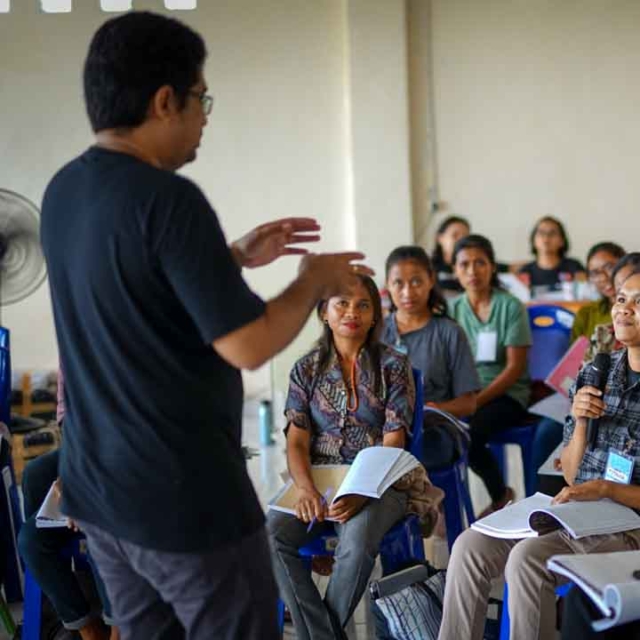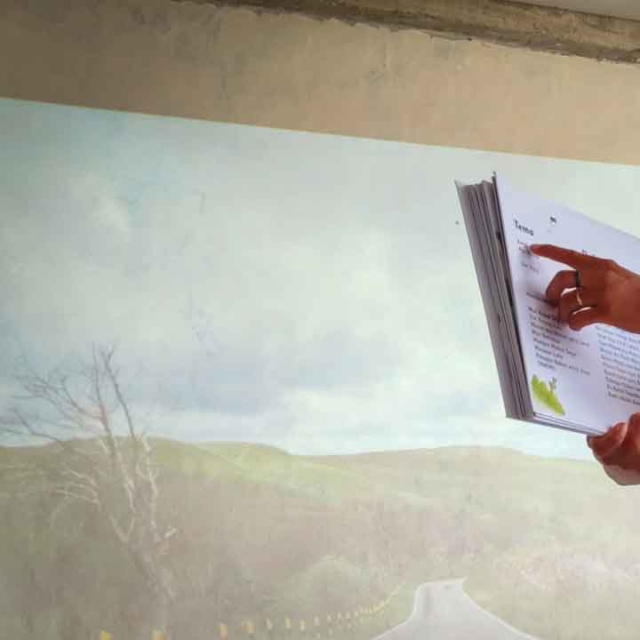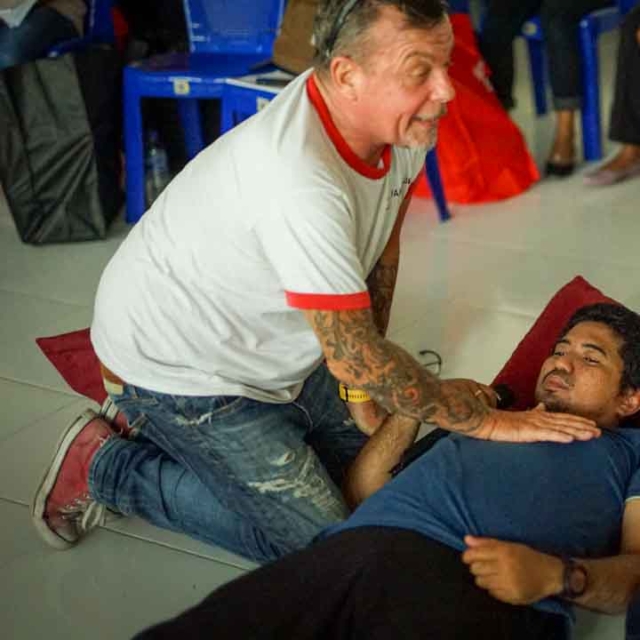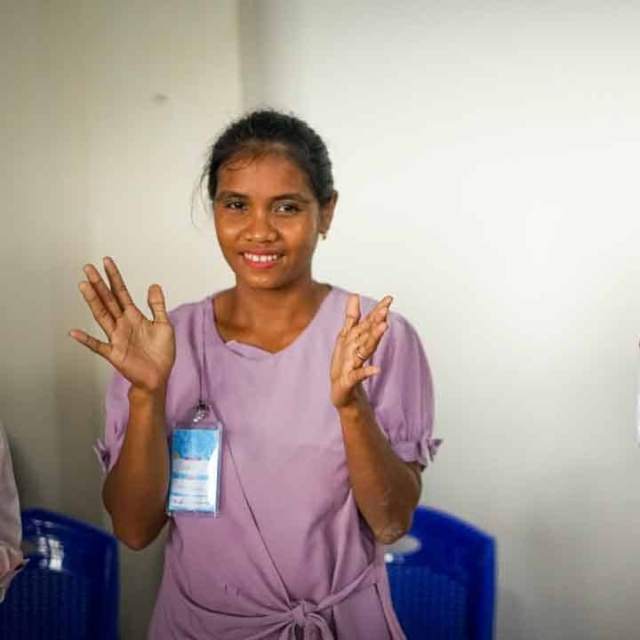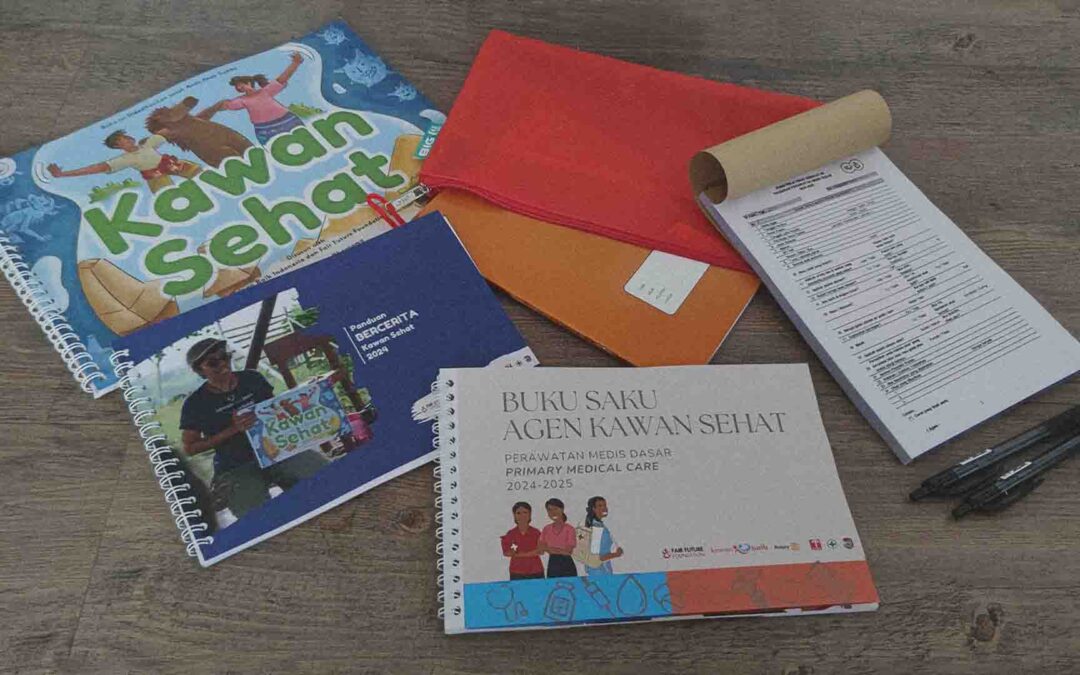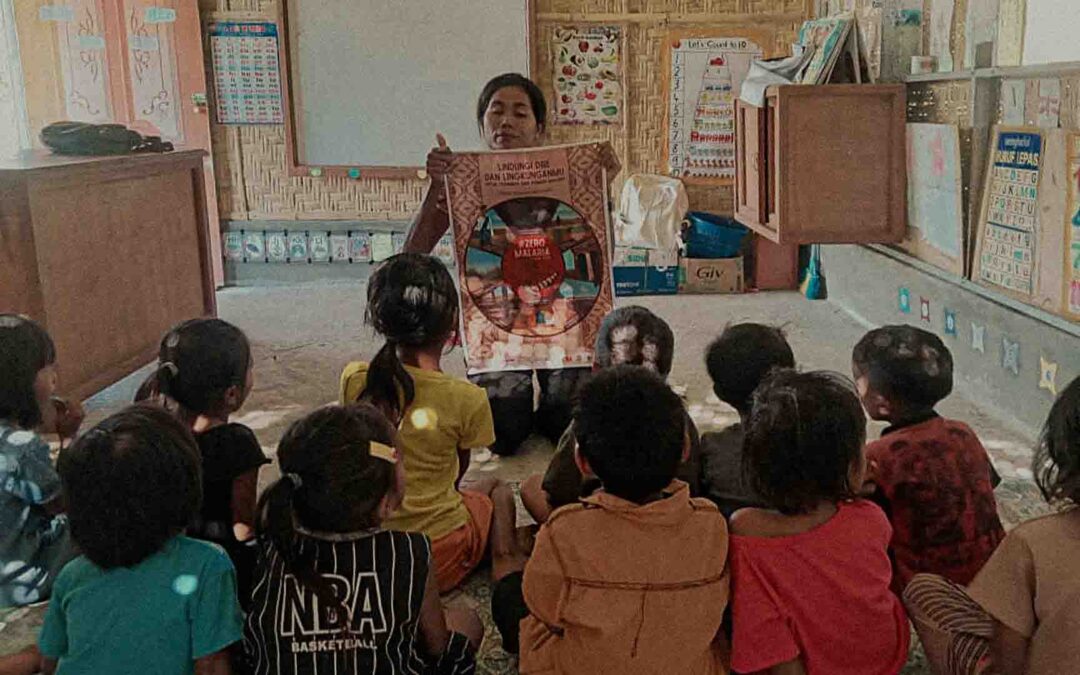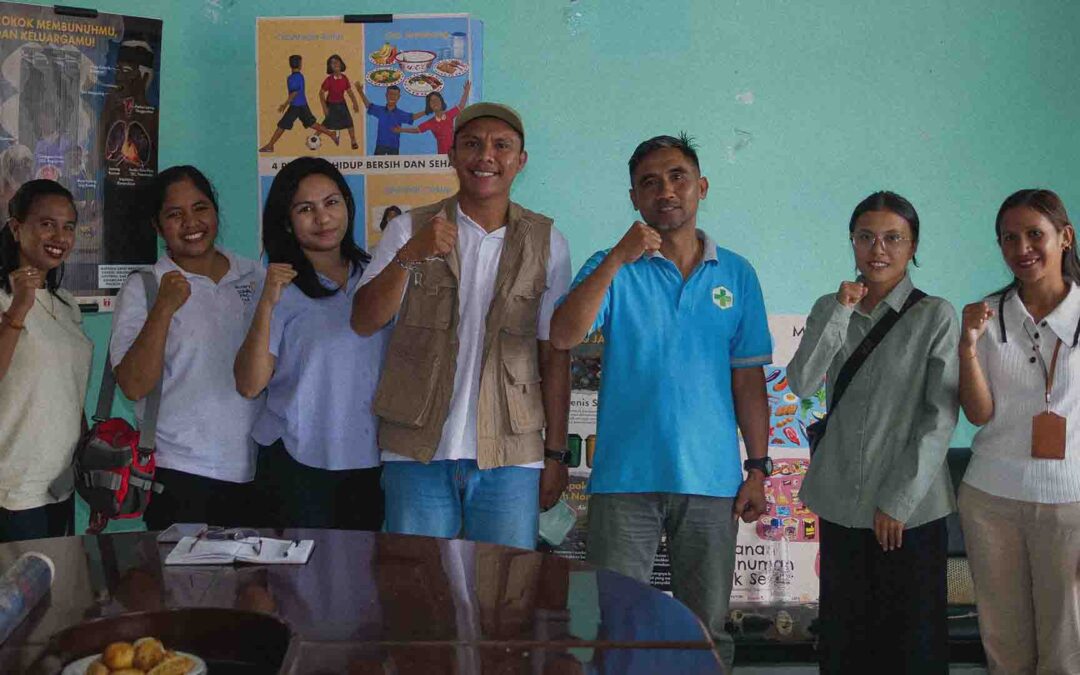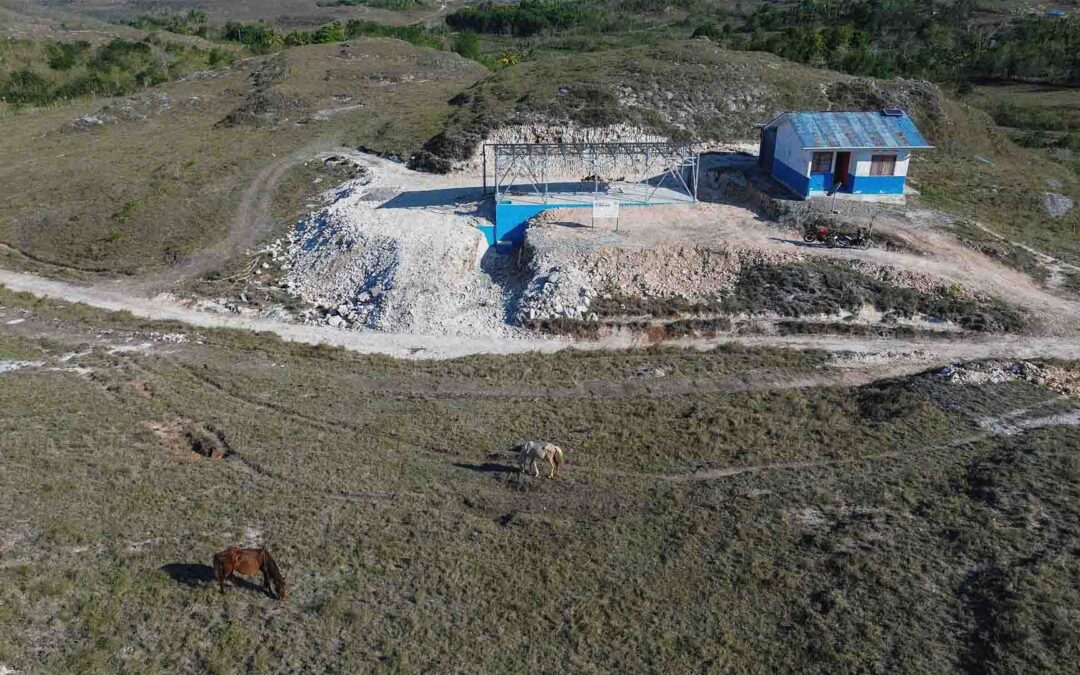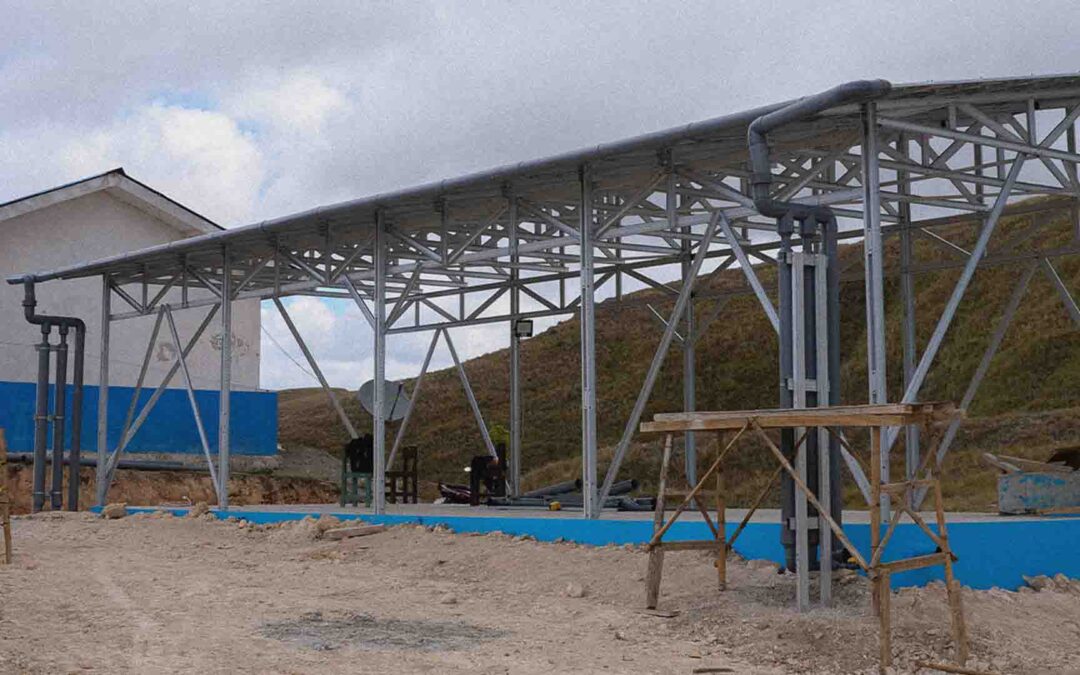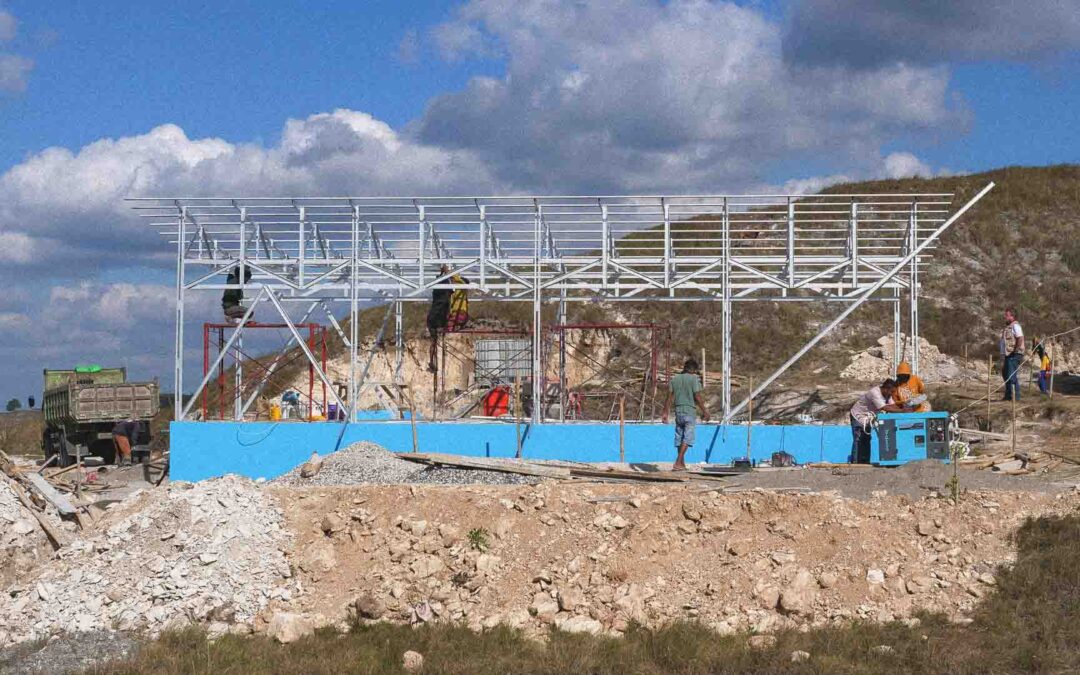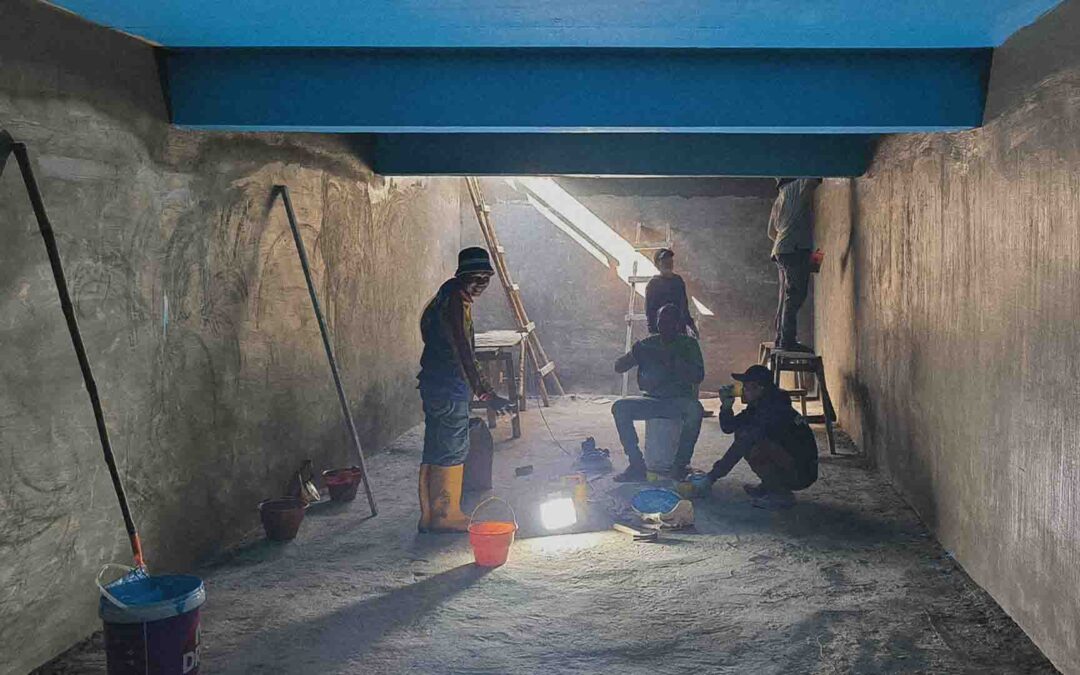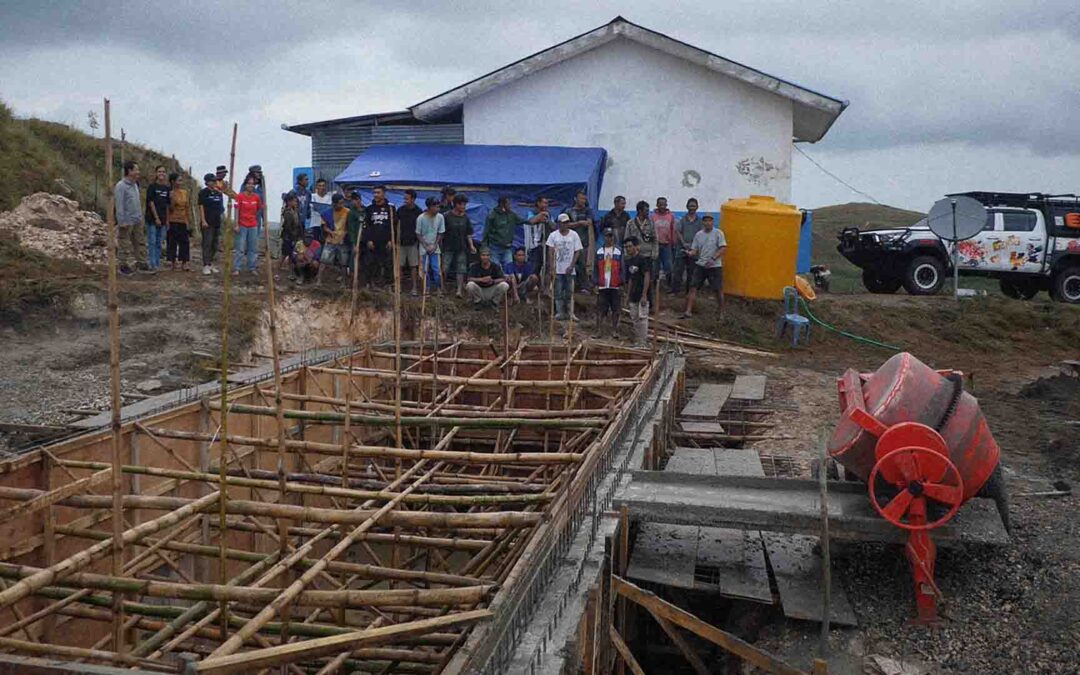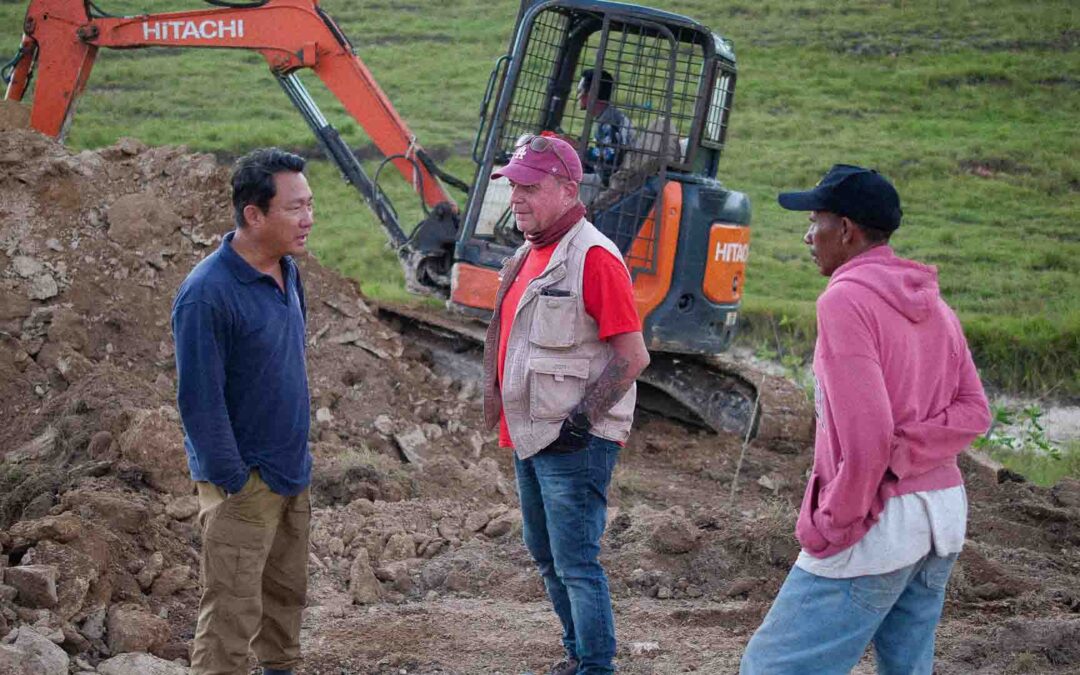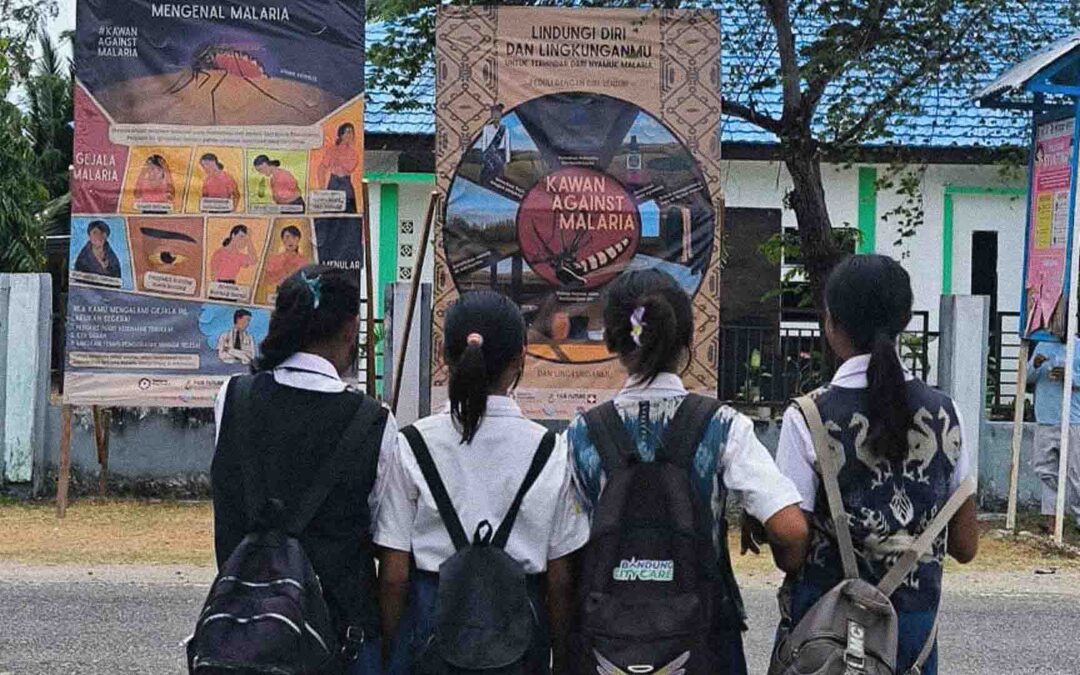Training in primary medical care was a considerable success, with over 60 teachers in attendance to learn how to save lives in their villages.
This program aims to save lives by providing each rural school with an emergency pharmacy and training for teachers. It will also include engaging educational materials to help children learn the importance of self-care.
Why is this program for access to primary medical care for children implemented?
Residents of rural villages often lack access to primary care, and most medical centres are located several hours’ walk away. The harshness of life here means that all are often injured, but nothing is available to heal – no doctor, knowledge, medical equipment and, of course, no antiseptic or medicine. These injuries can lead to the death of a child or an adult if they get worse. We must therefore act quickly. Fair Future has for years enabled schools and families in ultra-rural communities to take action in the event of an accident.
These few days of very intense training were an opportunity to present the book we produced for schoolchildren in rural areas of eastern Indonesia. His name, “Kawan Sehat” (read the post about this book here), means healthy friend. It is a book of more than twenty pages illustrated with drawings so that the children of these regions can become aware of the reality of things and adapt their behaviour and daily life simply according to the images represented in the more than twenty panels which make up this publication.
It was also an opportunity to distribute huge boxes containing first aid medical equipment and essential drugs to all school teachers in these ultra-rural regions of eastern Indonesia. It was a wonder for all of them to be entrusted with this responsibility, which suddenly materialised in the form of this first aid box, which is now theirs. They are now responsible for it and for everything that goes with it, i.e. taking care of their first patients.
One aspect that we had not taken into account before the start of these days of theoretical and practical training is that 95% of the participants are women. Therefore, this new responsibility we entrusted to them is significant recognition and trust. It is now a means of empowering women in these regions. Because they are the ones who today, and perhaps for the first time in the world, are genuinely responsible for providing first aid in their communities. It is something essential and rewarding for them. We feel it very strongly here on the sites.
We cordially invite all captivated by this story to explore our photo gallery, witness this extraordinary effort, and further engage with our mission through our Instagram account.
Alex Wettstein – Fair Future Foundation medico-social camp in East Sumba – Rumah Kambera, Lambanapu – January 16th of 2023
